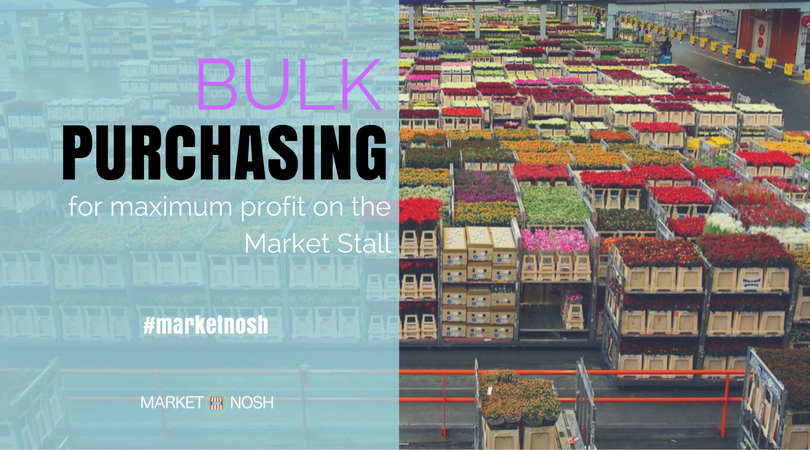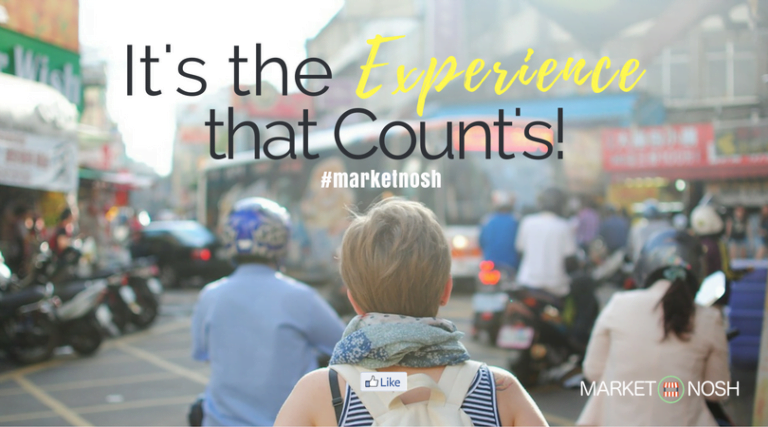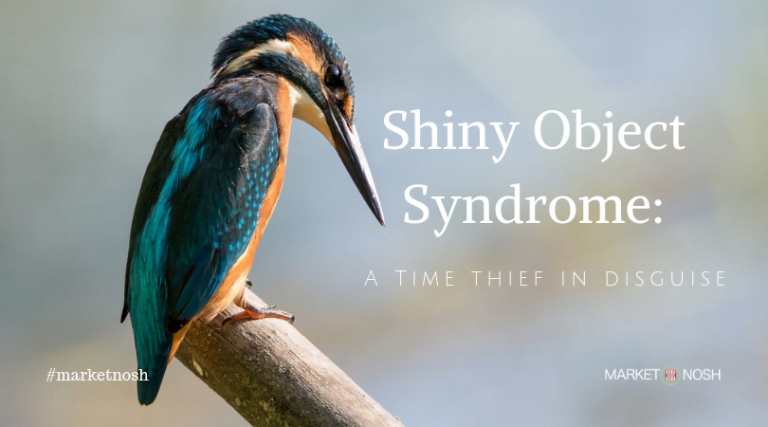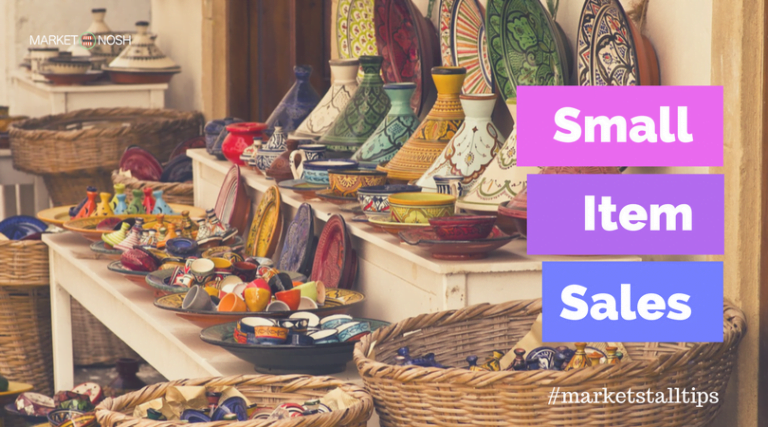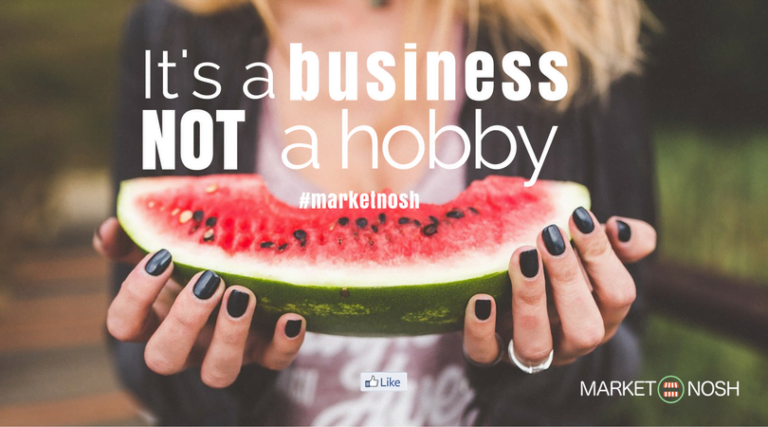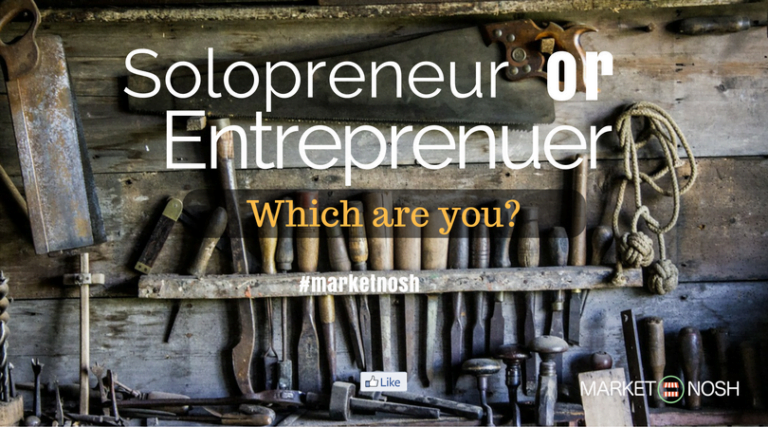Bulk Purchasing for Maximum Profit on the Market Stall
When purchasing your items for selling on the market stall, eventually Bulk Buying will need to be considered. The lower cost of base materials and ingredients will have a higher return later on.
So what is bulk purchasing, chasing the ‘best’ deal and should you do it?
Bulk Purchasing Defined
Wikipedia has this simple definition:
Bulk purchasing is the purchase of much larger quantities than the usual, for a unit price that is lower than the usual.
Simply, when you go to a store and buy one roll of toilet paper it is at a higher price than if you buy the same toilet roll in a pack of twelve, 24 or 48.
In other words, selling something at an individual price costs more. More packaging, more space required, more inventory. Businesses want to sell in bulk because it is easier to shift a larger quantity than small individual items. The cost is also vastly different and more profitable.
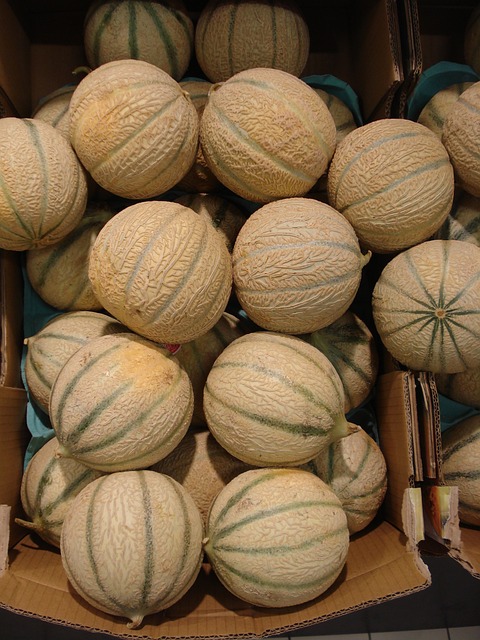
The Rule
The rule for success is simple:
Buy low, sell high
This can be for services, products, or goods and preferably a combination of them all.
Convenience
We are all paying for convenience. As a market stall trader, you are making it convenient for customers to buy unique products in one location. A wholesaler makes it easy for traders to buy in bulk. The manufacturer or farmer makes it easy to sell to the wholesaler.
Everyone needs to make a profit on what they sell, or else there is no point being in business and you wouldn’t have a roof over your head or food on your table. The ‘middlemen’ create the stopgap between producer and customer. That is the service ‘fee’ they are charging.
How you arrive at a figure both you and the ‘middleman’ are happy with, will depend on the effort that has gone into the transaction. Don’t neglect the fact you can buy wholesale today and sell the product today! That is speed. The wholesaler, on the other hand, may have made arrangements many months before to have the products today for you to purchase so consider the effort, storage and planning cost involved.
Time is precious!
The only thing you have less and less of each day is time! So make each moment count! If you can buy fresh produce for only slightly more from a wholesaler, than you would if you drove 200 miles to the farm, pay the additional charge!
There will be less wear and tear on your vehicle, you will have more time to sell or find better deals, and you can develop your growing business to source cheaper goods when you have the flexibility to do so.
If you think growing your own vegetables is the cheapest option, it probably is, but you will have to wait for a few months, will have to purchase equipment and, should your crop fail, you will be left with nothing.
Going for the cheapest option is the goal, but consider your time too.
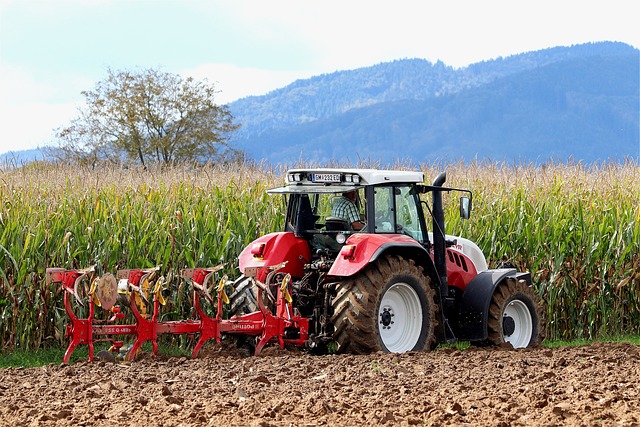
Factor in costs
Focus on the outlay all the time. It will dictate how your profit fluctuates from day to day. If you purchase melons at 50p today and sell them for a pound, you make 50p a melon. But tomorrow melons may be 60p and you are still selling them for a £1.00. Your profit just went down by 10p.
Factor in additional costs too. The rent for the pitch, your stall/gazebo setup, table and cloth. Wrapping goods, bags and boxes. The fuel in the car and the products themselves. All that needs to be broken down to be able to pay for everything you have and still make a profit!
Don’t forget that the lowest you can sell something for is your final asking price. Anything below means you are making a loss overall.
As the saying goes:
If you are always a penny above, you will never be in debt, but just a penny below and you will always be in debt.
Wholesalers
There are a number of places to buy items from. If you find someone online selling an item you like, email them directly to ask for a BULK purchase price. You will be surprised at what you receive back!
Huge online stores exist today to feed this option, like The Trader or Alibaba for bulk purchases. These sites sell individual to huge bulk products with shipping direct to your door from around the world. Check quantities and delivery dates though. Some could be 2 – 8 week delivery times and you would need to plan for this in your sales timetable.
For fresh produce, visit your nearest fresh fruit and veg market. You can also make arrangements with online wholesalers on a ‘cash on delivery‘ basis.
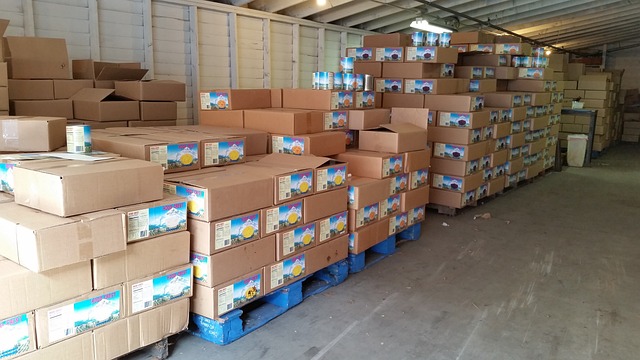
Quality
As a business owner, you want to provide quality to your customers, as a customer you want to receive the best quality product for the money you spend.
Spending 50 pence on a mobile phone charger and selling them for £9.99 for them to go on fire occasionally is not good business sense. First, a customer will return and ask for a refund, AND, more importantly, they will tell their friends you sell cheap, low-quality products and your sales will drop!
Buy the best you can for the market space you are selling in. I don’t mean buying a gold-plated turnip, but rather buying fresh turnips for a few pounds more than the nearly out-of-date turnips that will result in a poor-quality product for your customers.
If you offer a wrapping service, use quality paper on the item and charge an additional £1.00 than provide a service which looks cheap and nasty.
Pitfalls
With every opportunity, there will always be negatives that need to be considered. The same is true for bulk purchasing. Consider the distance and time you are dedicating to gain the ‘cheapest’ deal. It may initially be cheap but other factors may make it vastly more expensive and cut into your profit margin.
Storage space will at some point become an issue. If you only have a small apartment you will need to keep items that you have bulk purchased somewhere and living with them all around you may inhibit your own life. Consider a lock-up or a self-storage option for a smaller cost. Maybe even a friend’s garage, while you get set up!
If a product has a lead time (for delivery) of 6-8 weeks, it means you cannot sell that product for 6-8 weeks. What will you sell in the meantime?
Fresh food products need to be stored correctly. Cold storage, hot food warmers and so forth all need to be considered. Even items like gas and electricity will need to be factored in when selling your products.
Conclusion
Bulk purchasing is what you will be doing if you are going to make a profit on the Market Stall. Even if you hand-make items, you will still bulk buy where you can to keep your costs low so when it comes to selling your item you are making more of a profit.
Consider your options when it comes to sourcing the best items. Time and distance are just as important as storage and strategic planning.

